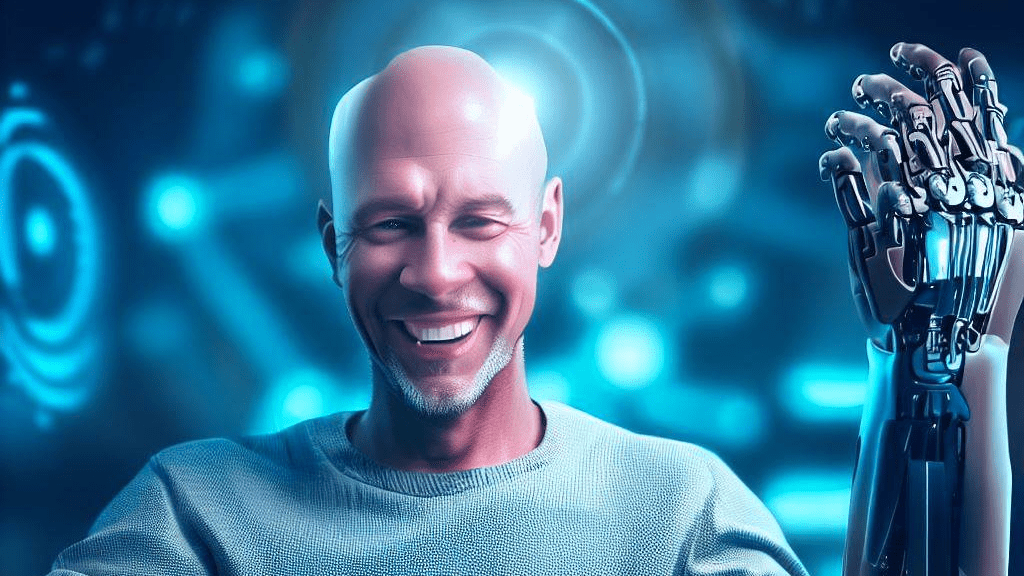
In a groundbreaking medical triumph, Keith Thomas, a quadriplegic man from Long Island, has defied the odds and reclaimed his ability to move and feel sensations through the aid of a revolutionary AI brain implant. After enduring the devastating consequences of a pool accident that left him paralyzed from the neck down, Thomas’ life took a remarkable turn when he became part of a cutting-edge clinical trial led by researchers from Northwell Health’s Feinstein Institutes for Medical Research. This double neural bypass implant has not only restored his mobility but has also ignited hope for millions worldwide grappling with paralysis.
An Innovative AI Brain Implant Sparks a Breakthrough in Paralysis Treatment
Keith Thomas’ journey towards regaining mobility began three years ago when a tragic pool accident changed the course of his life. As he faced the challenges of being paralyzed from the neck down, Thomas joined a clinical trial conducted by researchers from Northwell Health’s Feinstein Institutes for Medical Research, under the visionary guidance of bioengineer Chad Bouton. The trial’s groundbreaking approach aimed to reconnect Thomas’ brain, spinal cord, and body using advanced A.I. technology. Before the surgery, Thomas could only observe hands moving on a computer screen, unable to replicate those motions with his immobile limbs.
In a landmark 15-hour surgery led by neurosurgeon Dr. Ashesh Mehta in March 2023, five delicate electrode arrays were implanted into specific regions of Thomas’ brain responsible for motion and sensation in his right hand and fingers. A life-changing moment occurred when Thomas awakened during the surgery. Dr. Mehta stimulated the relevant brain areas, and for the first time in almost three years, Thomas felt the touch of his own fingers. The success of the surgery marked a pivotal moment in his quest to regain movement and sensation.
The Promise of Neural Bypass Technology and Its Global Impact
Keith Thomas’ extraordinary progress heralds a potential revolution in paralysis treatment. Acting as a neural bypass, the A.I. implant successfully reconnected Thomas’ brain with his spinal cord and the rest of his body, allowing signals to flow despite the injury. This groundbreaking procedure has significantly transformed Thomas’ life, empowering him to lift his arms and experience sensations on his skin once again, including the loving touch of his sister’s hand.
The far-reaching impact of this cutting-edge technology goes beyond Thomas’ inspiring journey. Dr. Mehta and Chad Bouton envision a future where this neural bypass system could benefit a broader population of individuals struggling with paralysis. Furthermore, Bouton is actively working on a non-invasive system that stimulates movement through electrodes placed on the skin, eliminating the need for invasive surgery. Such an innovation could open doors for millions globally, including stroke survivors or those with less extensive paralysis.
As researchers continue their tireless efforts to refine and expand this technology, the successful AI brain implant surgery on Keith Thomas serves as a beacon of hope for the estimated 100 million people worldwide living with paralysis. This pioneering medical advancement has not only transformed one man’s life but has also ignited optimism and determination in the pursuit of a world where paralysis no longer stands as a barrier to movement and touch.
Get the latest Crypto & Blockchain News in your inbox.